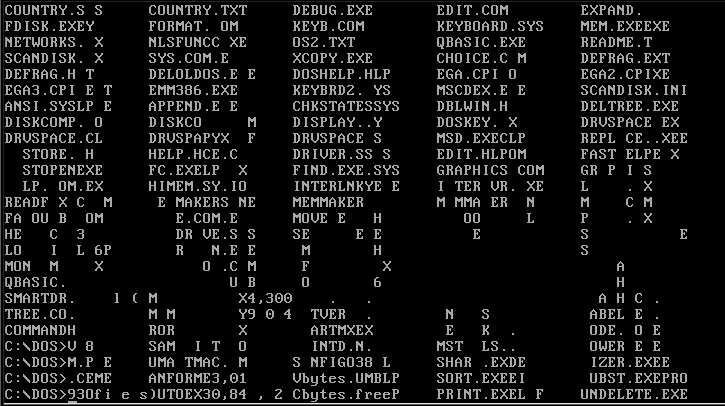‘I love you’ marked the beginning of viruses

 Back in 2000, thousands of people worldwide received emails with the subject line of “I love you.”
Back in 2000, thousands of people worldwide received emails with the subject line of “I love you.”
While that seems like a sweet gesture, when that email was opened, it unleashed the Love Letter virus, a malicious software that overwrote image files on the user’s computer.
This was the first socially engineered computer virus according to www.bksteam.com.
Since that time, many more have been unleashed upon unsuspecting computer and cell phone users, and also have affected credit card holders, said Computer Science Professor Al Heitkamper.
“Every time we turn around, there’s something new,” he said. “You’ve heard of Home Depot (with the credit card hackings), Target, UPS, Goodwill, and the pictures of the celebrities from Apple and iCloud.”
October marks the 11th Annual National Cyber Security Awareness Month, according to www.dhs.gov.
The Department of Homeland Security, as well as the National Cyber Security Alliance and the Multi-State Information Sharing and Analysis Center have sponsored the awareness month since 2004 to help Americans stay aware of online dangers, according to http://staysafeonline.org.
Heitkamper said the main goal is to make sure students know how to protect their devices from attacks.
“The basics are pretty simple,” he said.
“Make sure you update your system, make sure you have antivirus, update your antivirus, make sure you have all applications updated, because anytime [your computer] asks you to update something, it’s because somebody has found a flaw in that software.”
The need for updates is most commonly security related, Heitkamper said.
“If you don’t update your security signatures for your antivirus daily, there are hundreds and thousands of new threats out there every day.”
Some threats get caught by the college, but students may not have that advantage on their home devices, Heitkamper said.
“Your ISP (Internet Service Provider) catches some of them, but if you don’t have a good antivirus, spyware software on your system, you are probably infected,” he said.
The basic antivirus software Heitkamper advocates most is Microsoft Security Essentials.
He said it’s free. And, since Microsoft is attacked most often, errors are found more quickly.
“You’re better off having [Microsoft Security Essentials], because they’re going to fix [the issues] before somebody else gets the signatures, like McAfee and Norton,” he said.
Students who are looking for an easy and cheap fix may look for free software like McAfee, but those are not recommended by Heitkamper.
The problem with McAfee and Norton, he said, is a lot of them were built on the old infrastructure.
In other words, running one of those will bog down your machine, Heitkamper said.
Also, he said, if students don’t get software from reputable sources, they will likely run into a problem with malware, software that is intended to damage or disable computers and computer systems.
“The problem with free (antivirus) is a lot of them are malware masquerading as free antivirus software,” he said.
“Some people use Spybot. There are probably 10 different versions of Spybot out there that are actually viruses.
“I usually tell people to go to download.com, which is PC magazine’s Cnet.com website where they basically check the stuff for viruses before they put it out there,” he said.
Heitkamper said antivirus software is just as important for mobile devices.
“Ninety-nine percent of all malware on mobile devices is on Android devices, so if you have an Android device and you don’t have Bitdefender, Lookout, or some other software, you have probably been compromised,” he said.
Heitkamper said Mac computers and iPhones haven’t typically been victims of virus attacks, but said users should look into antivirus software as an added precaution anyway.
As a sponsor for the Cyber Club, Heitkamper said, he is working with the club on plans for Cyber Security month.
Some possible activities include giving pamphlets and handouts to students on the basics of keeping a secure system, he said.
For more information on cyber security, contact Al Heitkamper at aheitkamper@occc.edu or call 405-682-1611, ext. 7494.